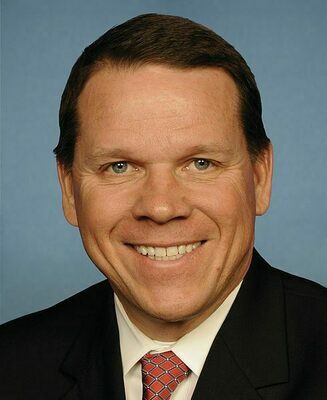Graves Raises Concerns that Biden Administration is Diverting FEMA Disaster Resources to Assist Illegal Immigrants

WASHINGTON, DC – Transportation and Infrastructure Committee Republican leader Sam Graves (MO-06) today raised questions about the diversion of Federal Emergency Management Agency (FEMA) resources, workforce, and expertise to deal with illegal immigration and the Biden Administration’s crisis at the southern border.
In a letter to FEMA Administrator Deanne Criswell, Graves noted his concerns that “FEMA – the Federal government’s lead emergency management agency – is being tasked to support functions outside its core mission while the Nation is also dealing with a record number of disasters.”
Graves noted that the Homeland Security Act prohibits the diversion of FEMA assets, functions, or mission for the continuing use of any other Department of Homeland Security (DHS) organization unless such assignments do not reduce the capability of FEMA to perform its missions.
In particular, Graves highlighted the Emergency Food and Shelter Program (EFSP), which FEMA oversees to provide grants to individuals and families experiencing hunger and homelessness. Graves stated, “I am concerned that a program established to help people experiencing hunger and homelessness is being used instead to support the border crisis…. There have been recent reports of some of these shelters and nonprofits being overwhelmed with migrants, raising the question of how this new mandate impacts our investments in addressing homelessness at home.”
Graves added, “I am concerned that the Administration’s policies are creating the impression that entering the United States illegally is a risk worth taking. Lax border policies encourage migrant crossings that have a drastic humanitarian cost. FEMA will likely be one of the agencies to bear the brunt of that cost, impacting FEMA’s limited resources and core missions.”
Graves asked FEMA Administrator Criswell to answer a number of questions and provide detailed information about the role of FEMA at the border and generally within the space of immigration.
Please support The Macon County Home Press by subscribing today!
You may also like:







